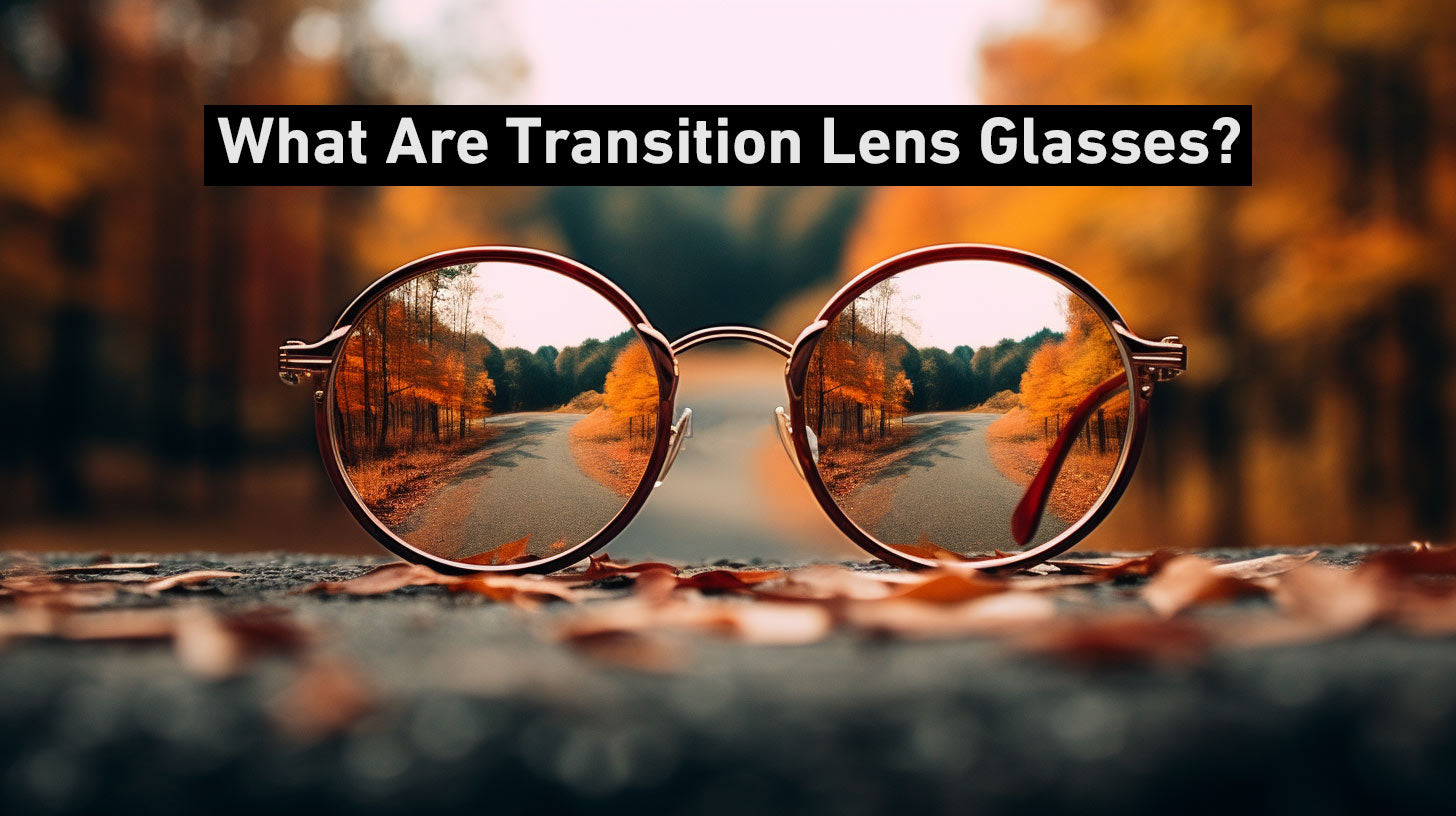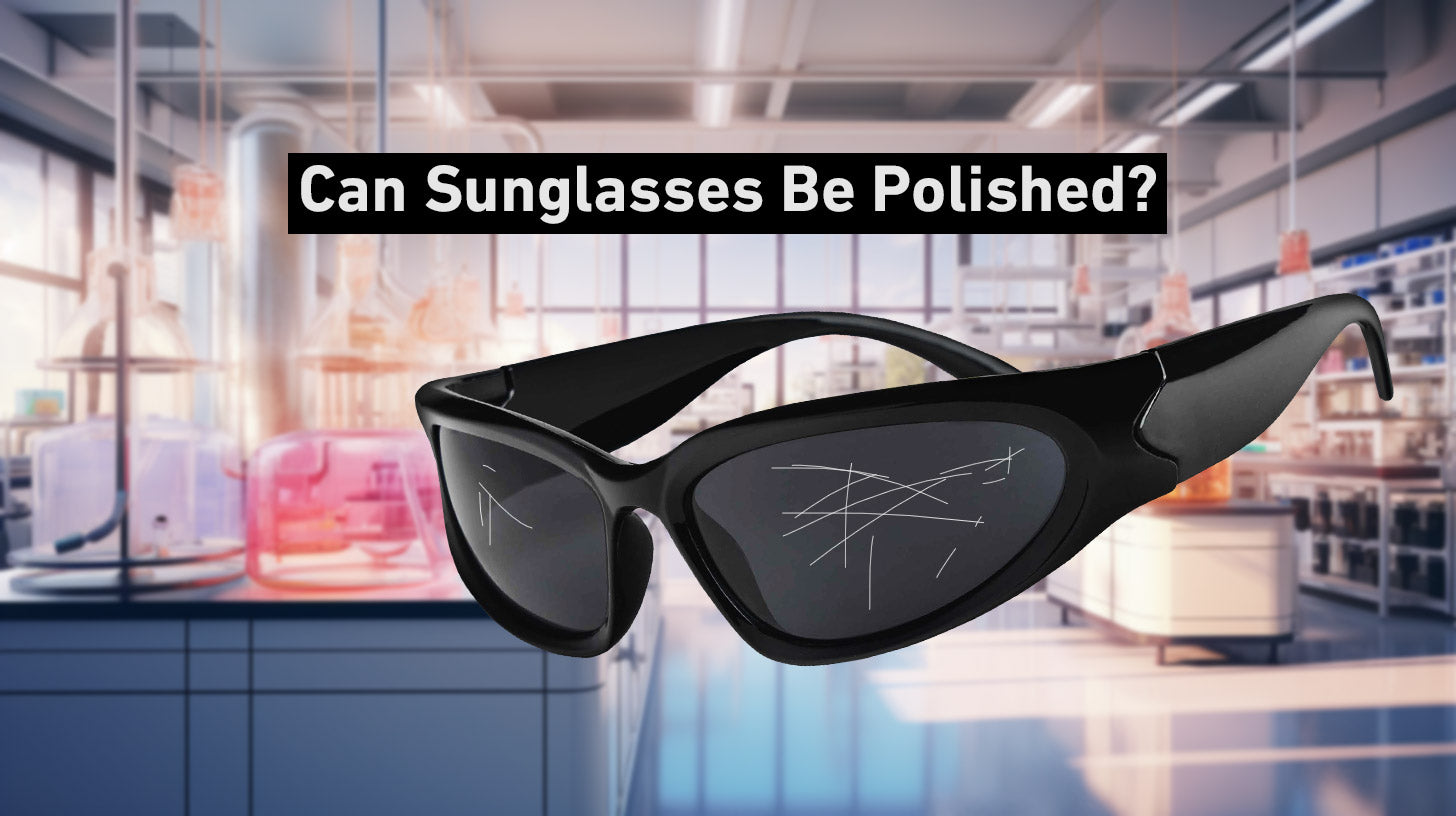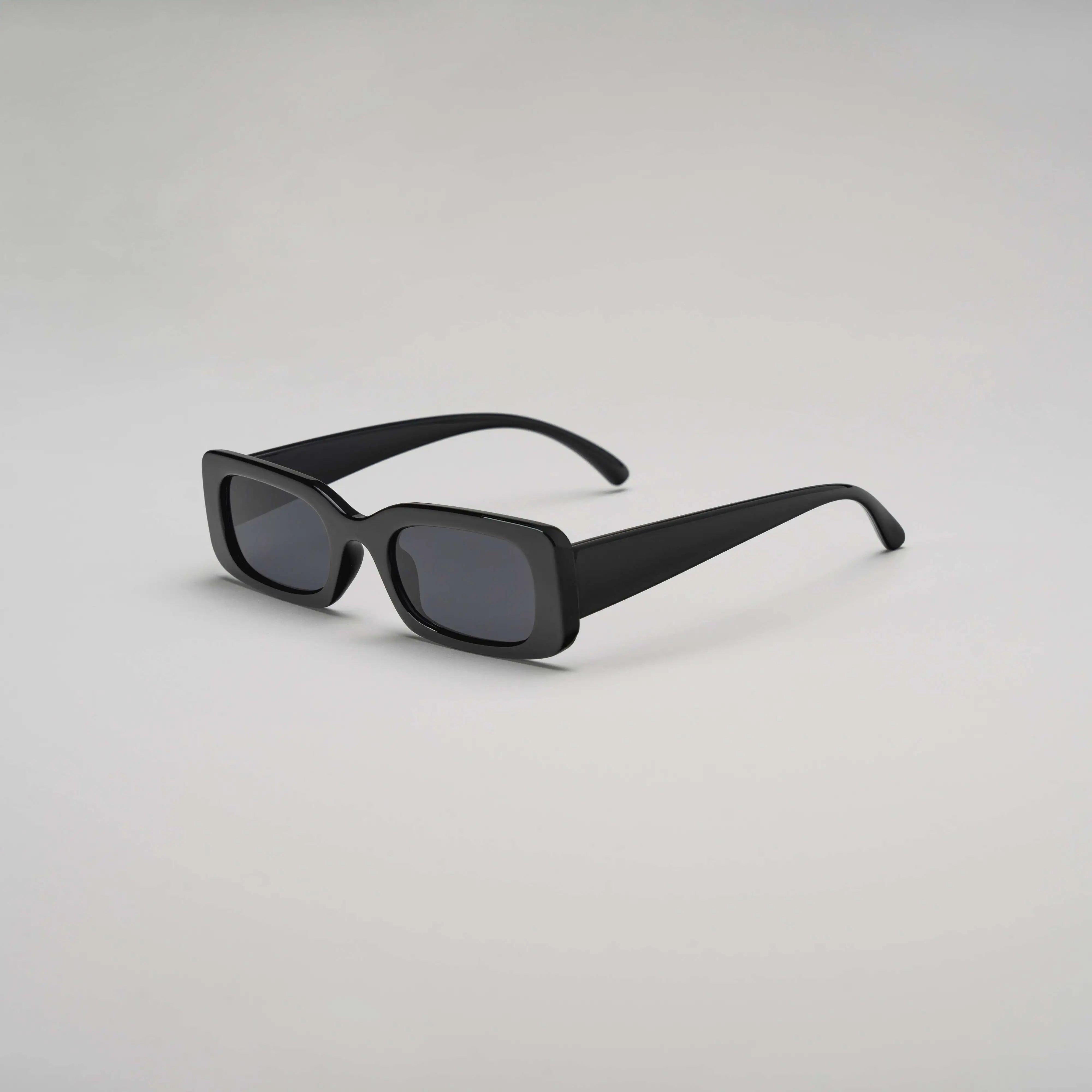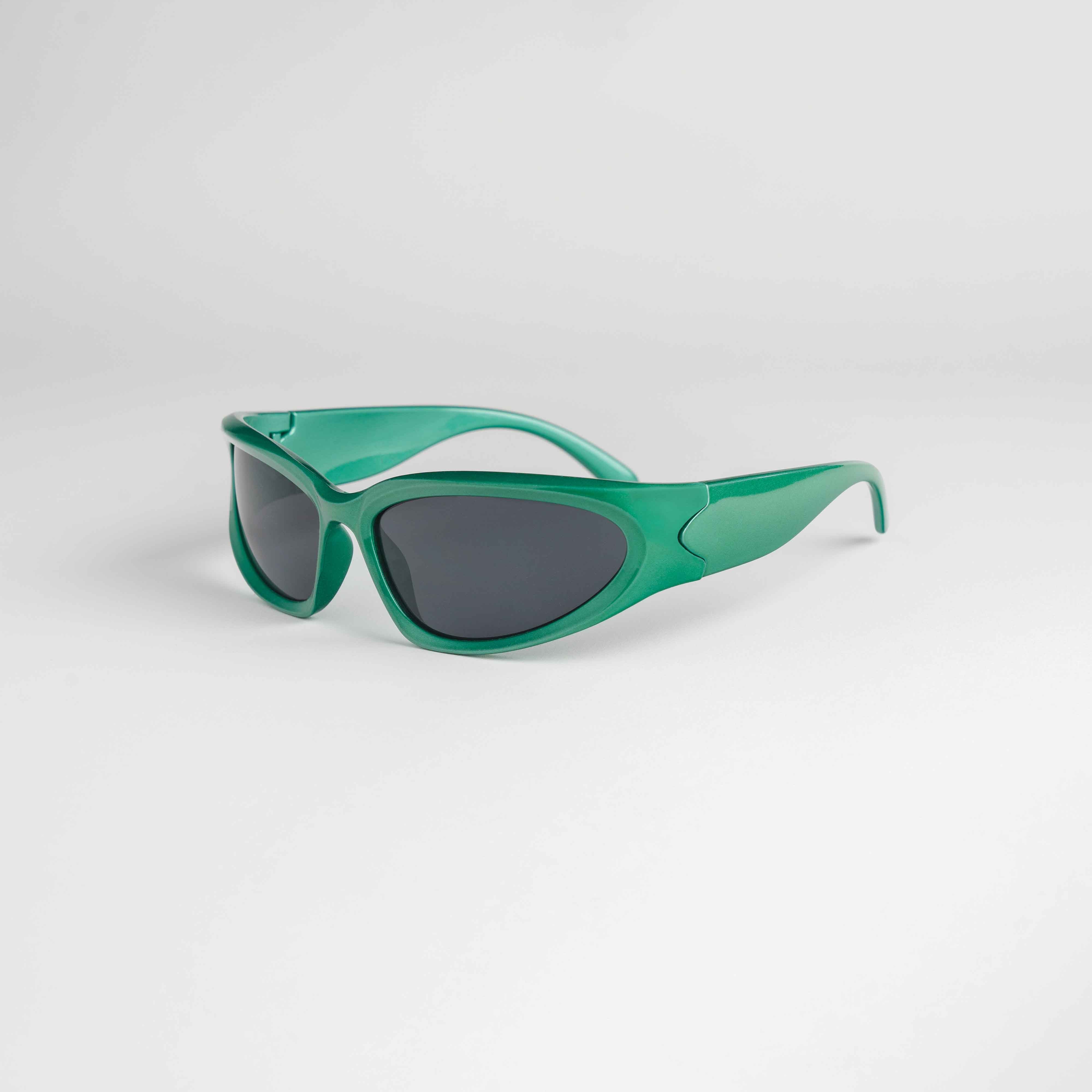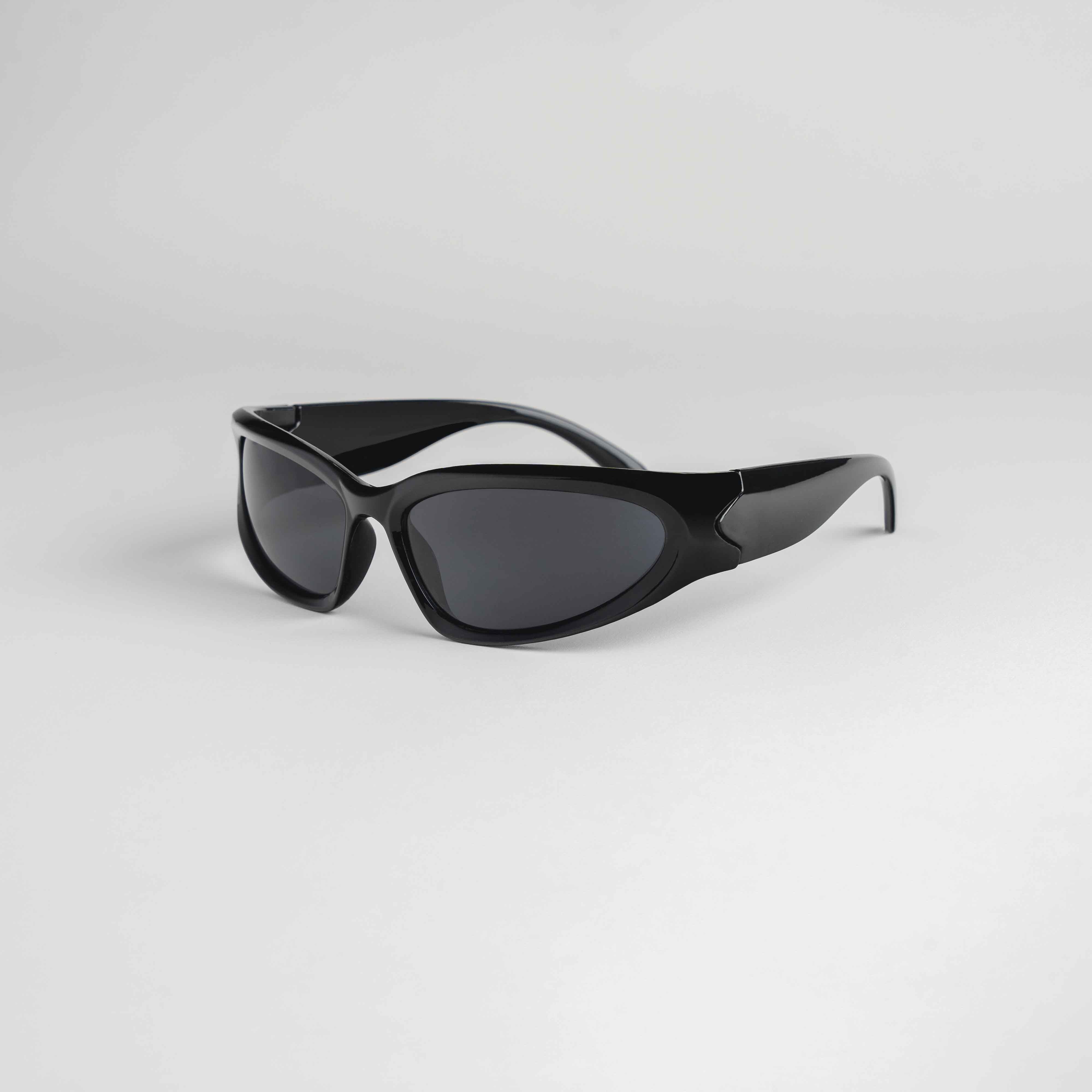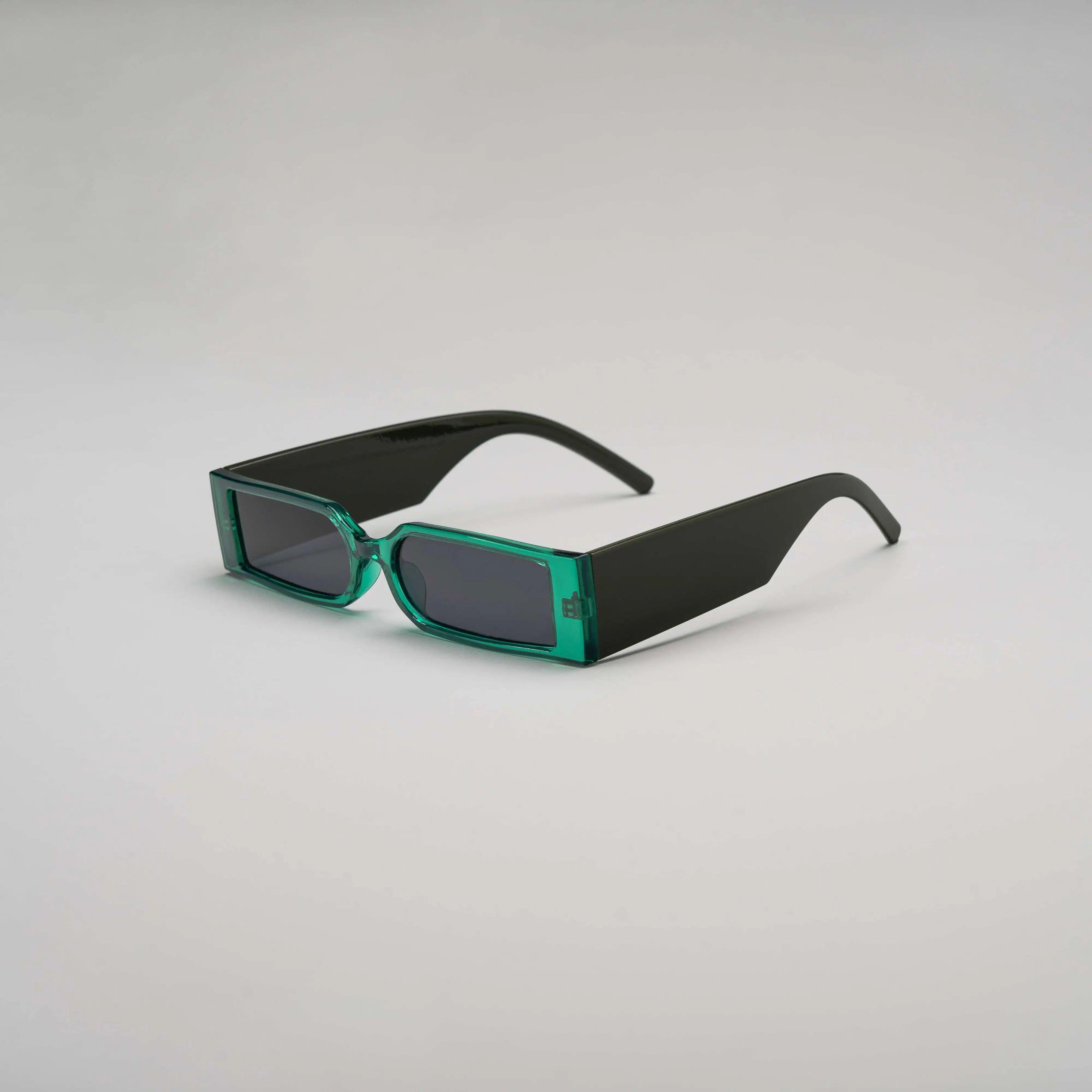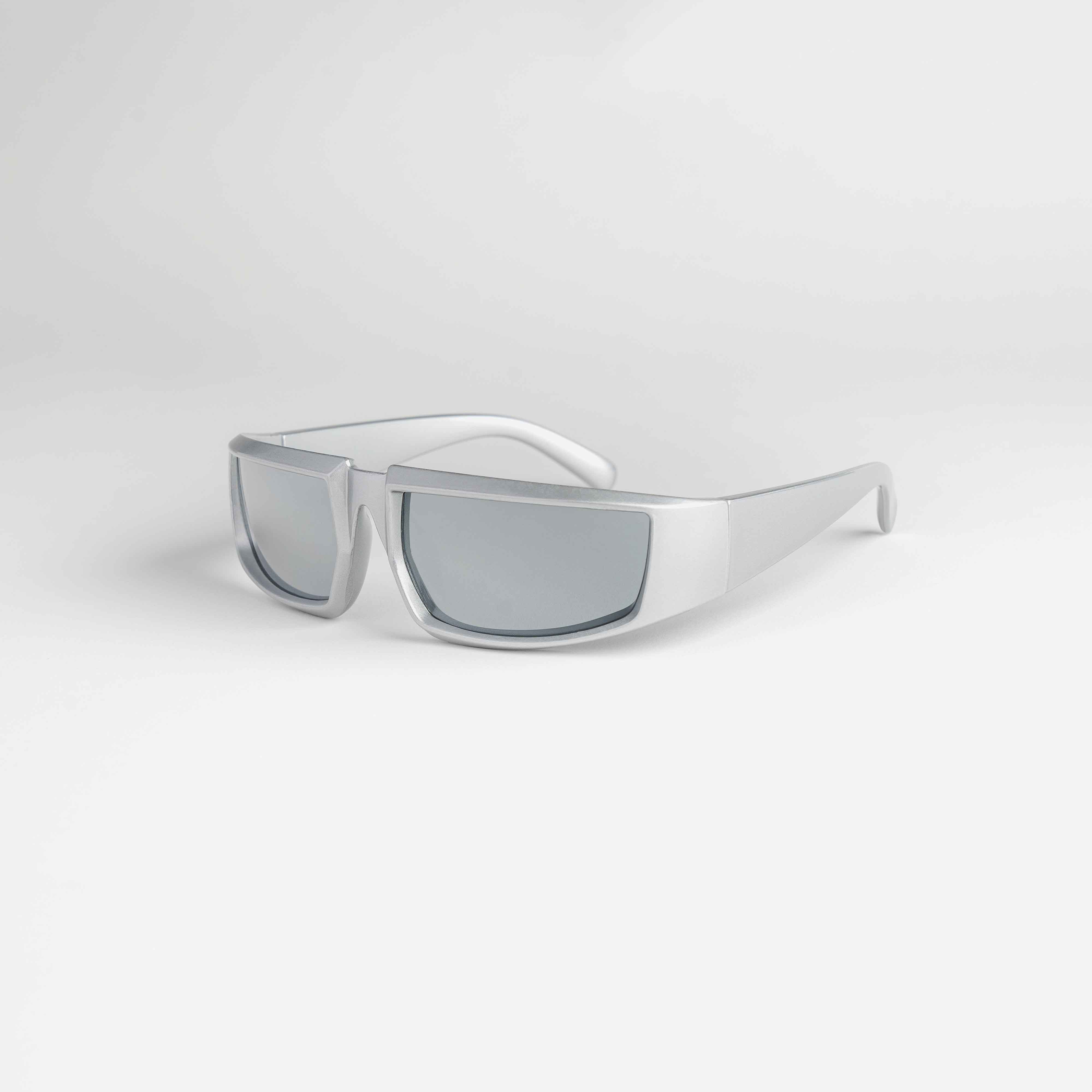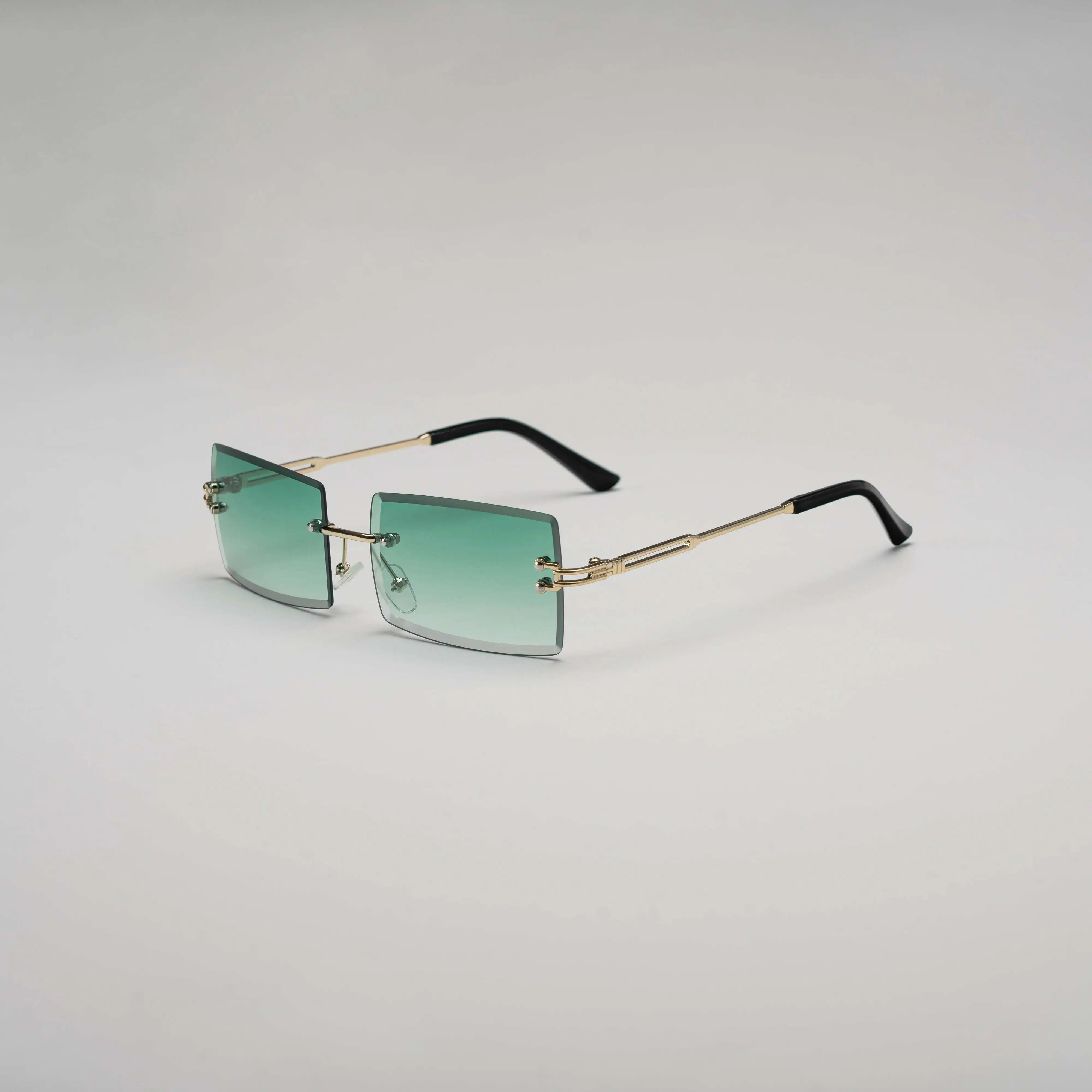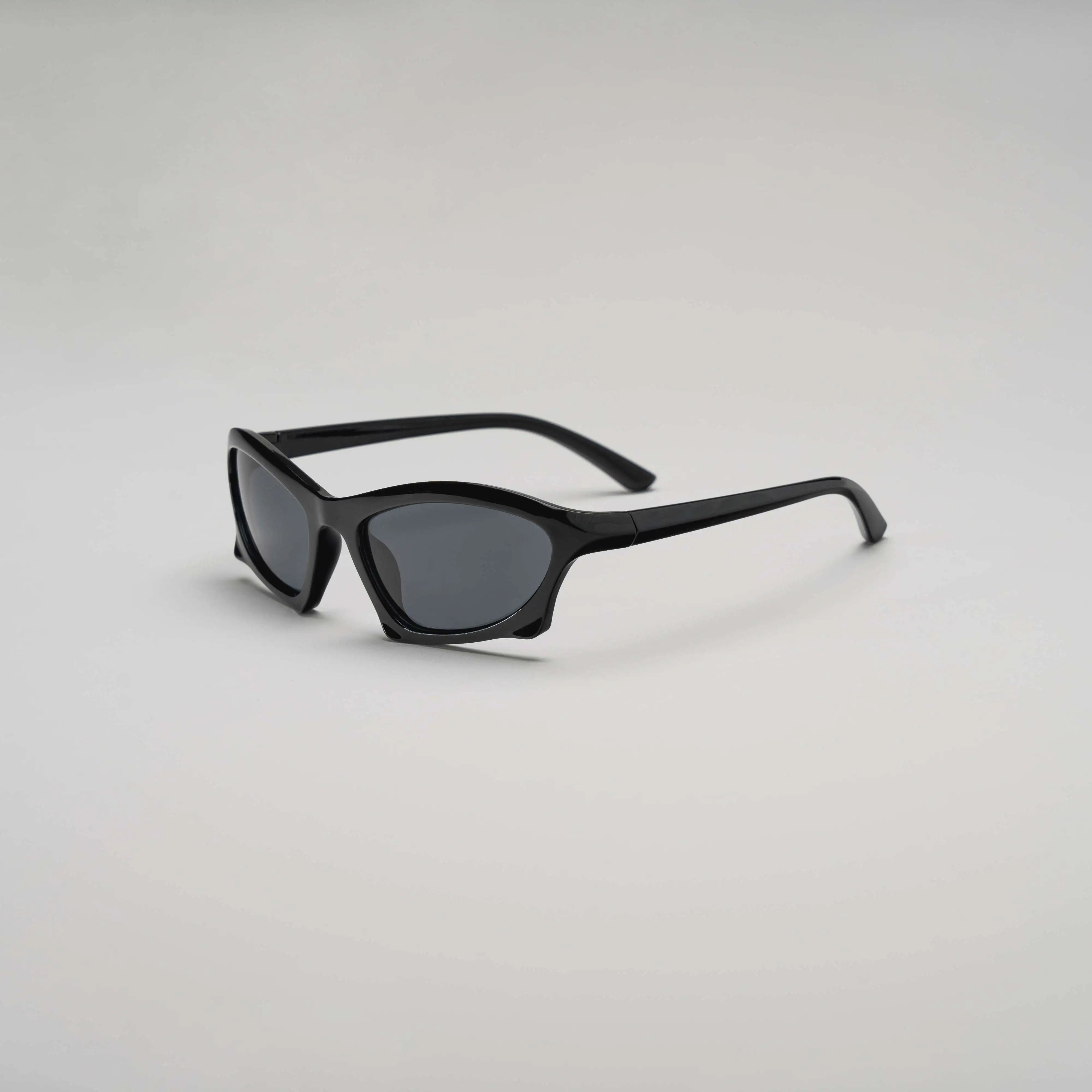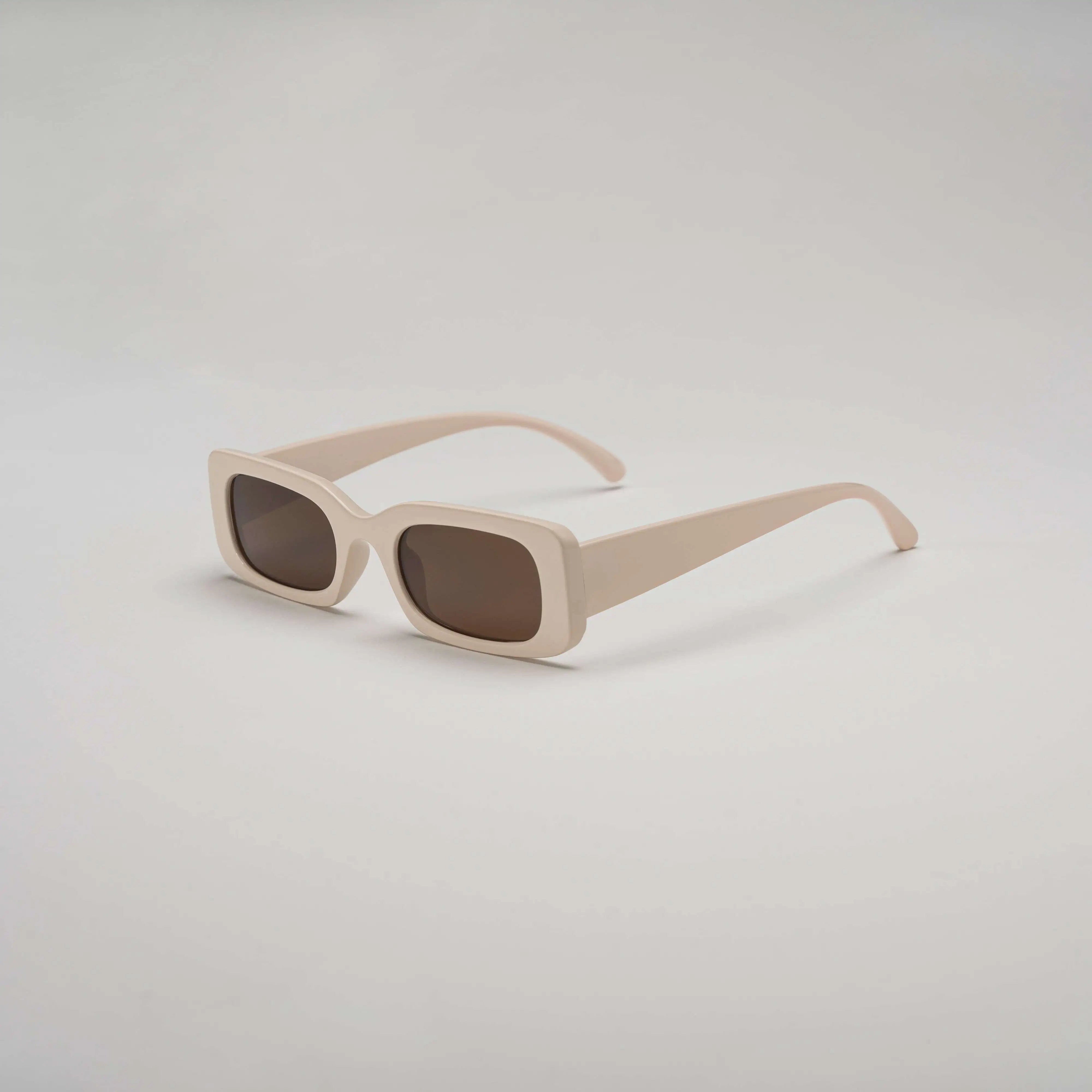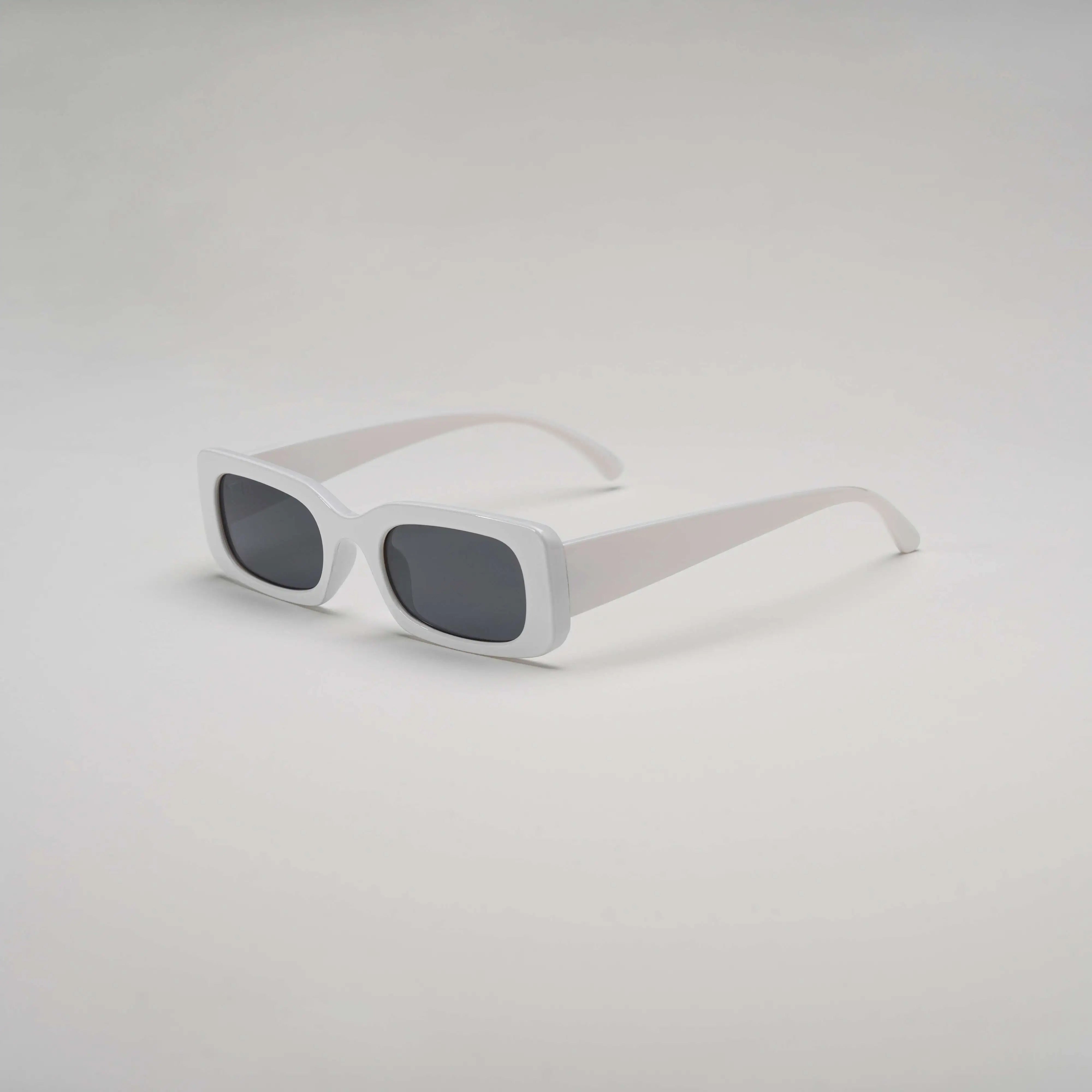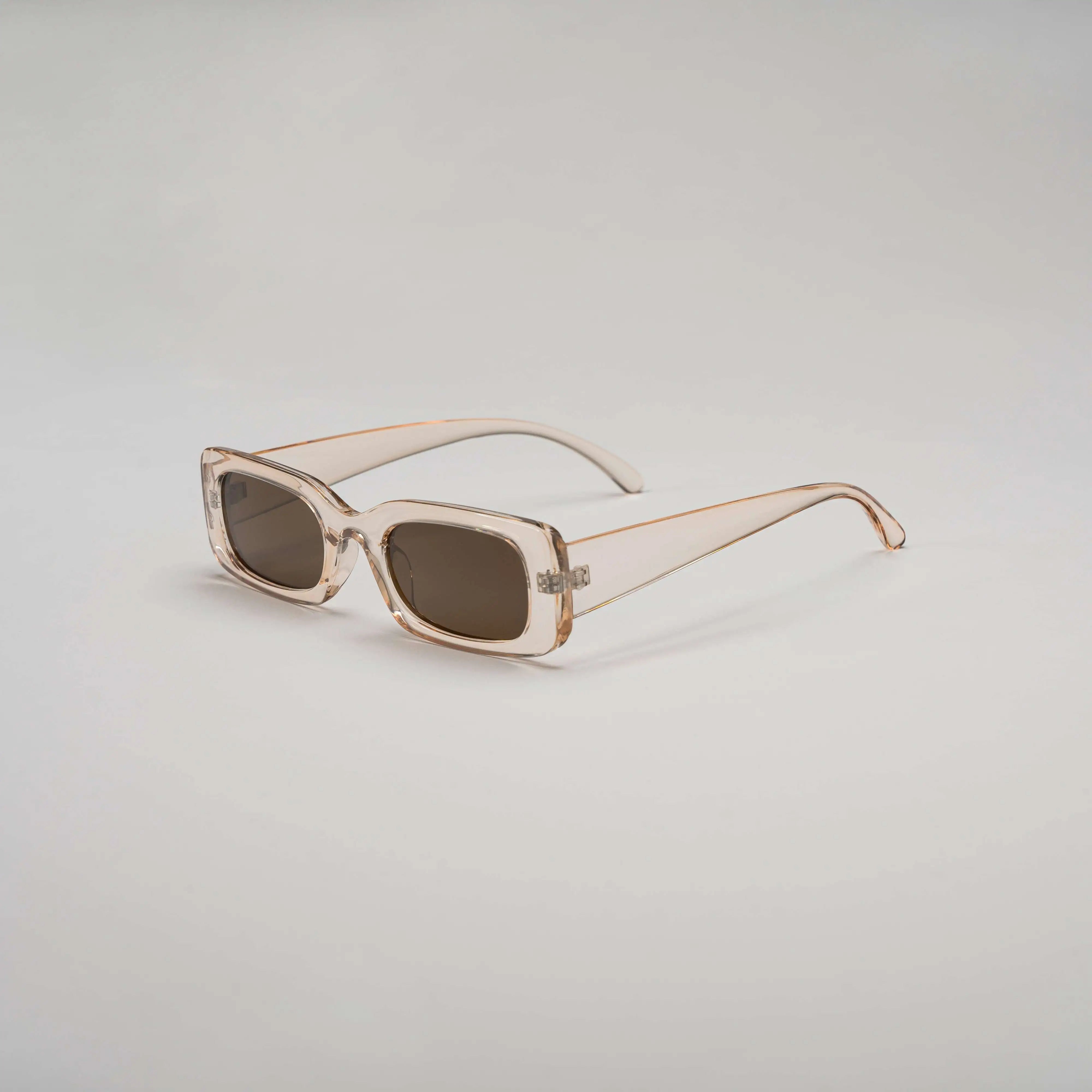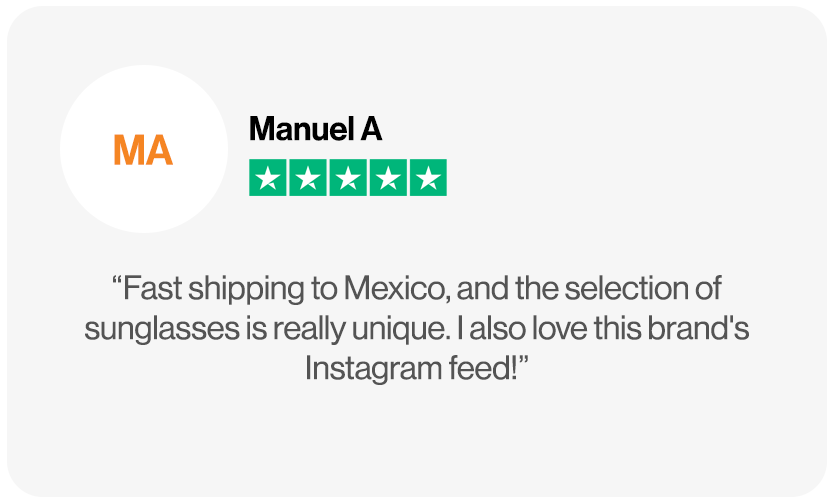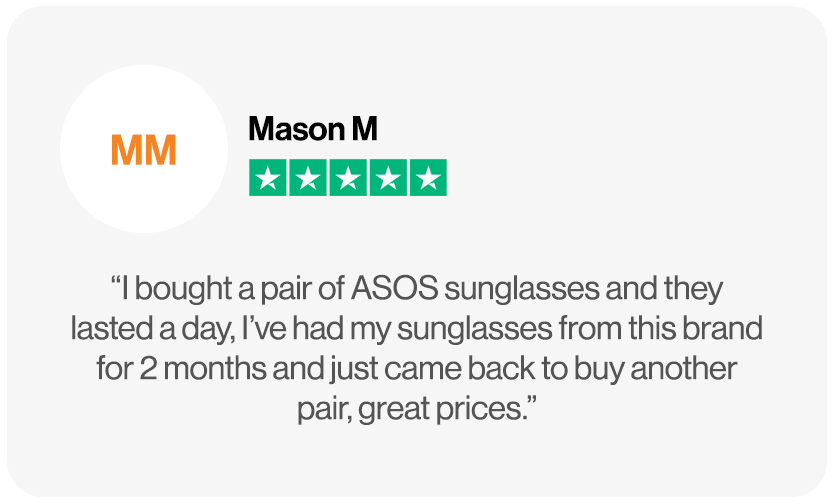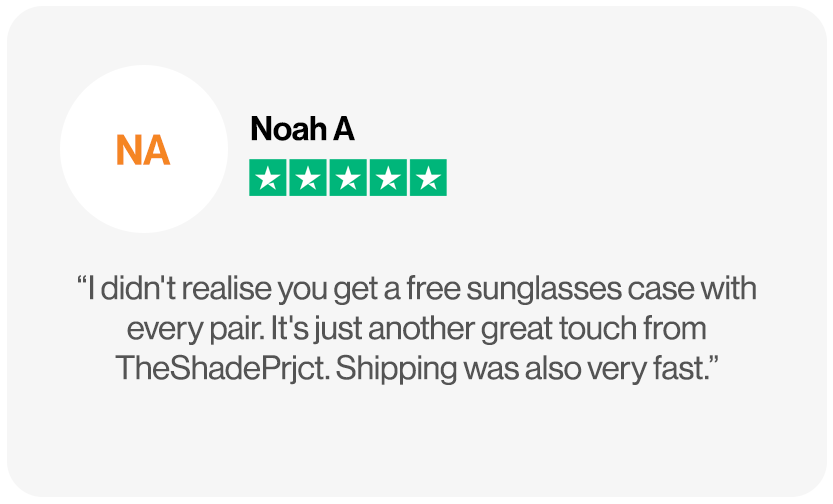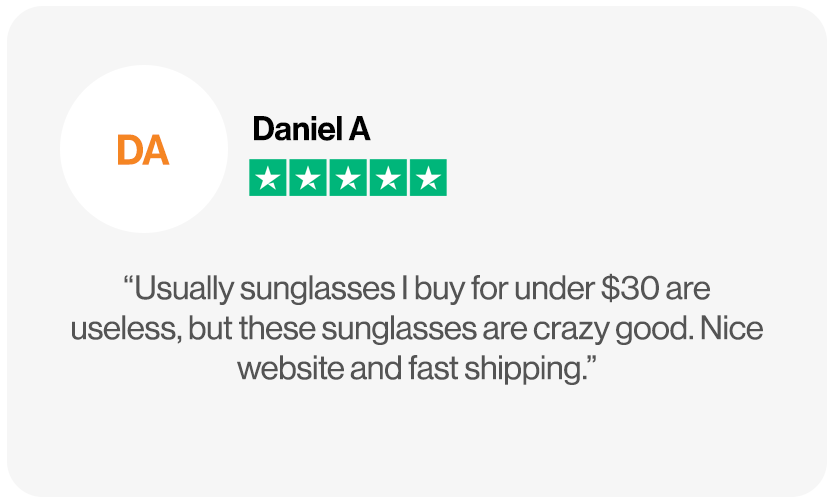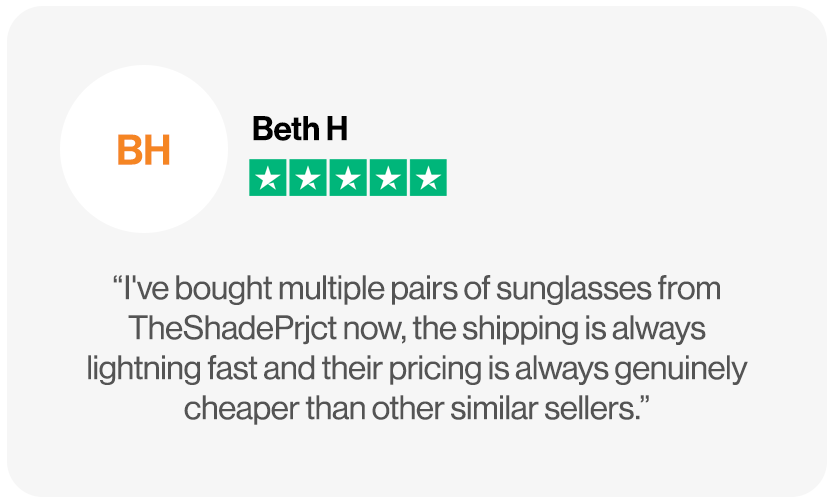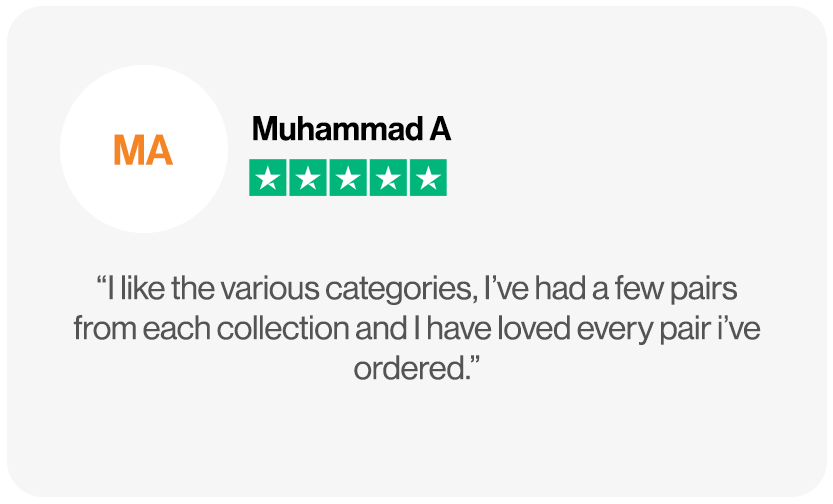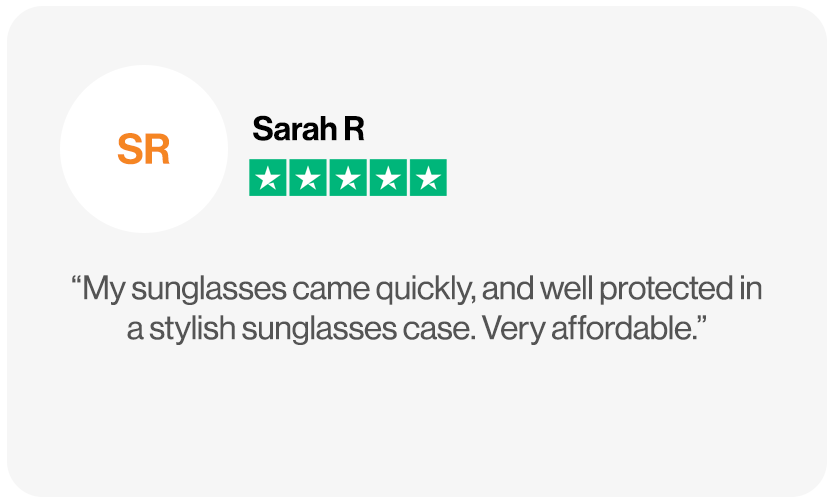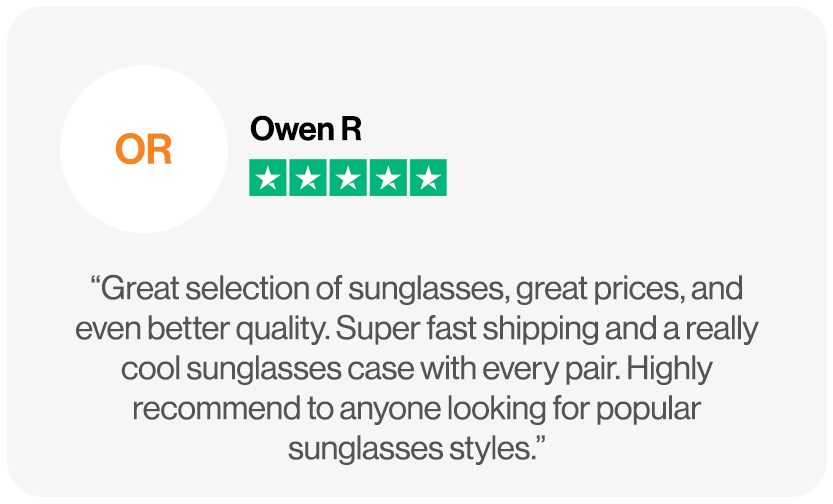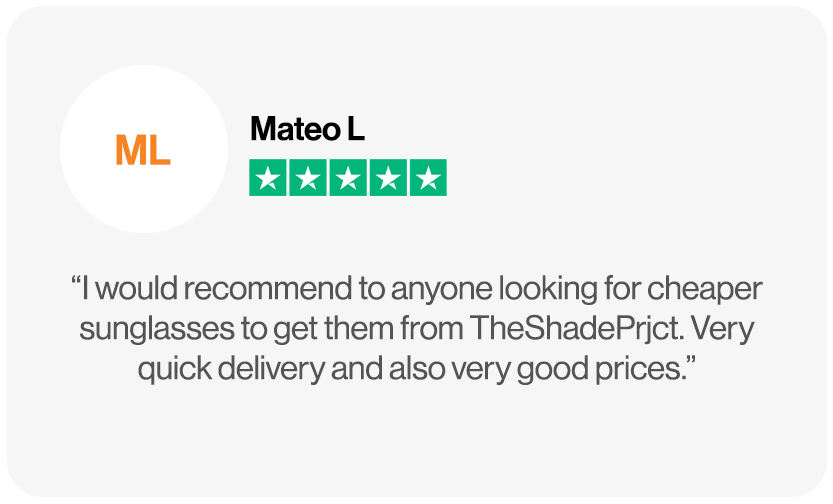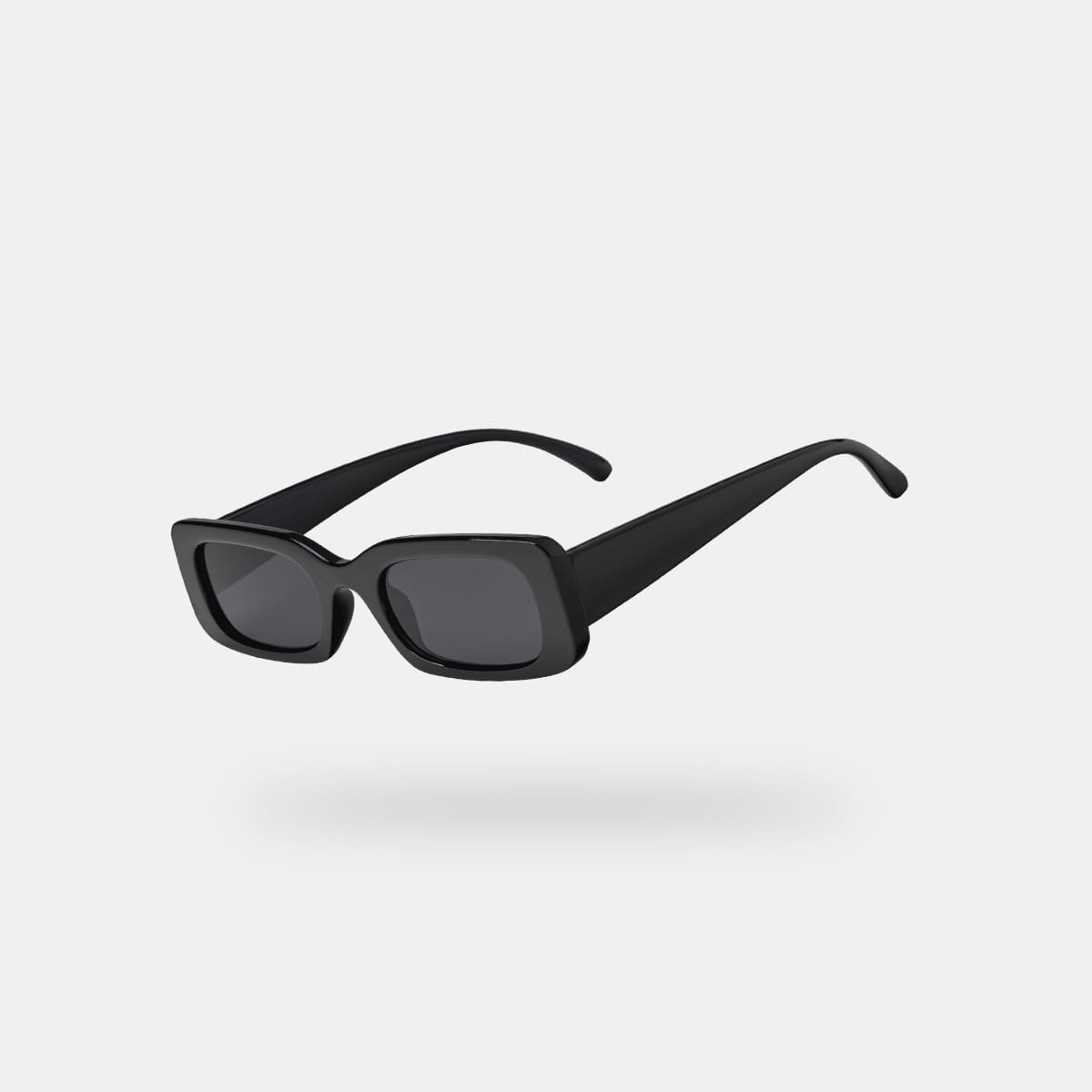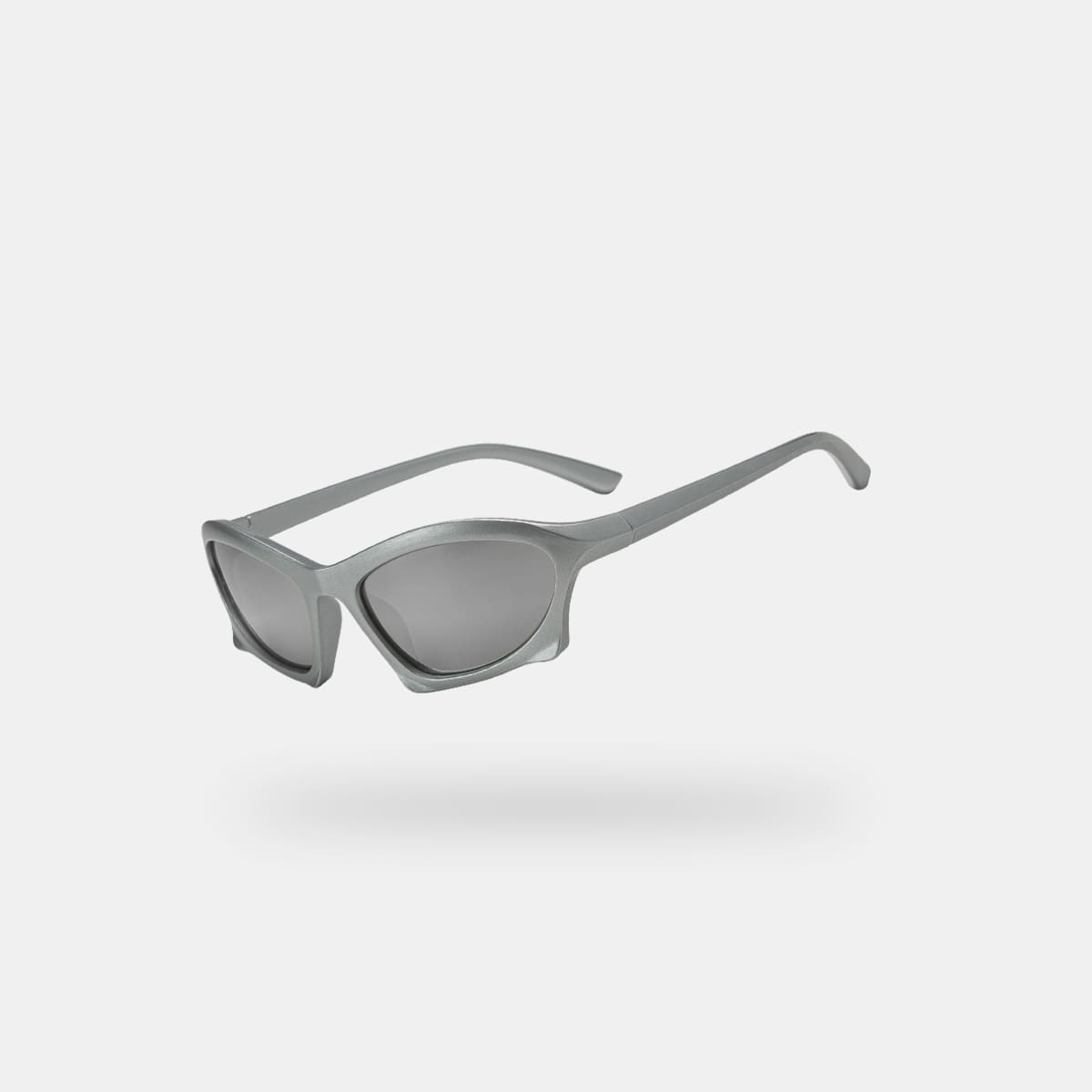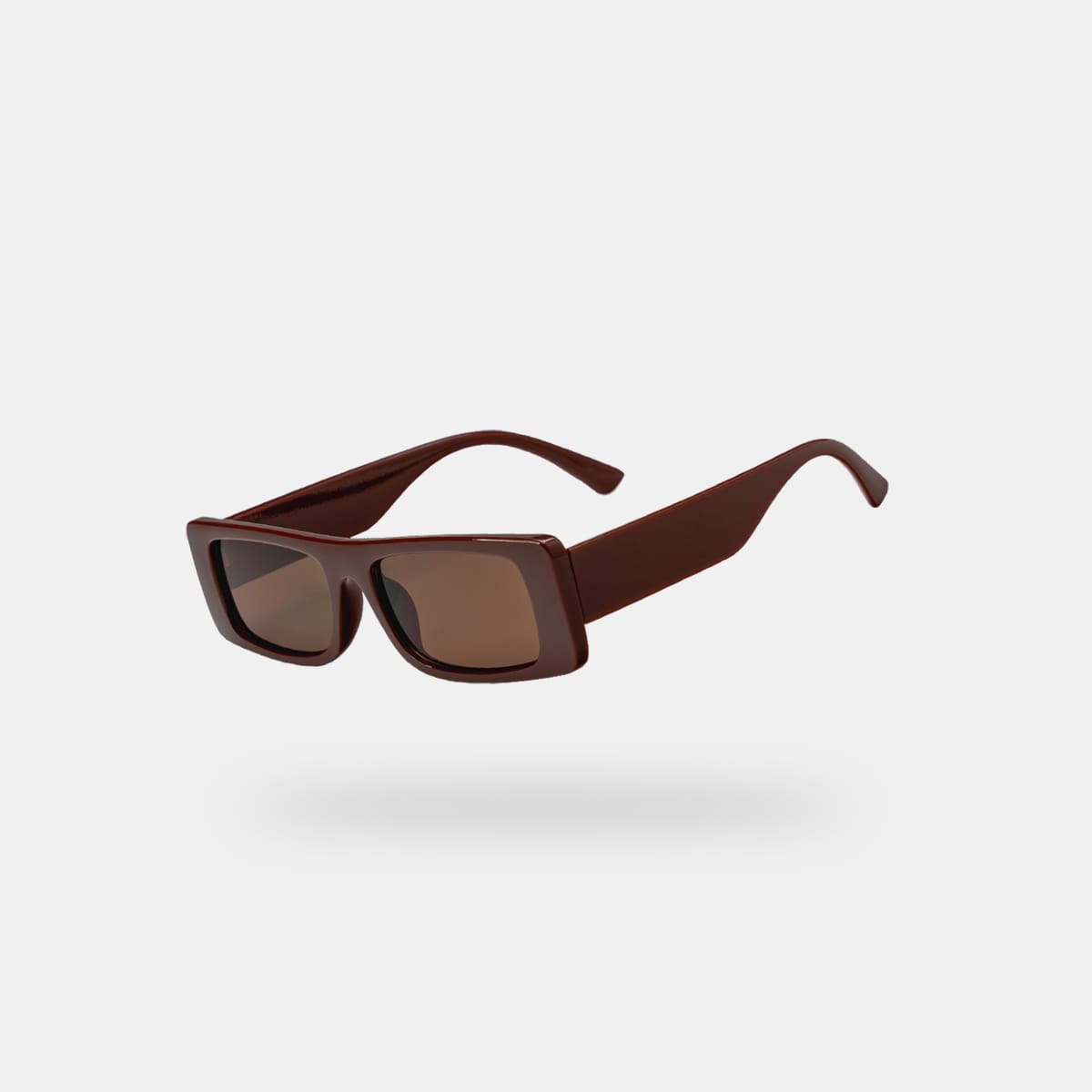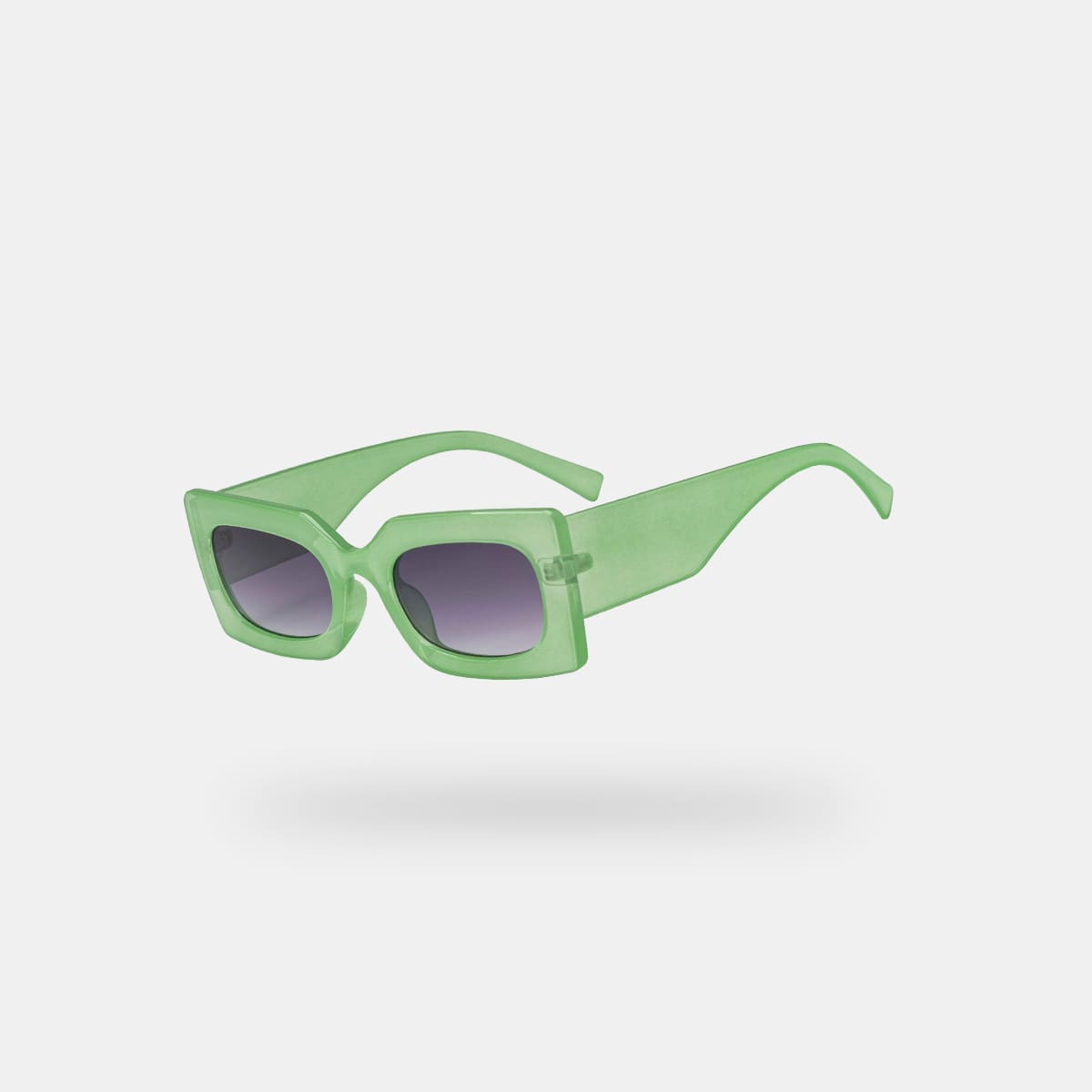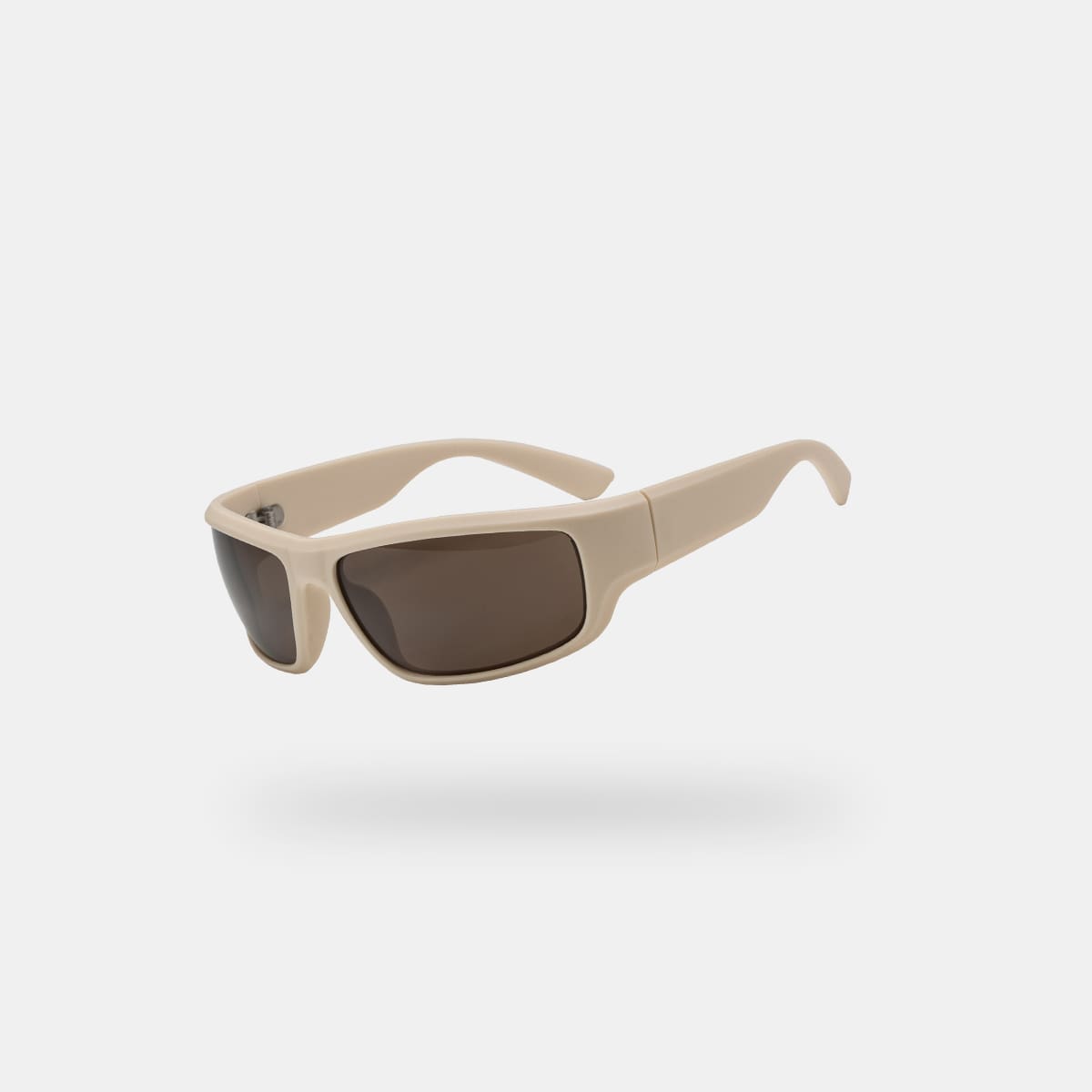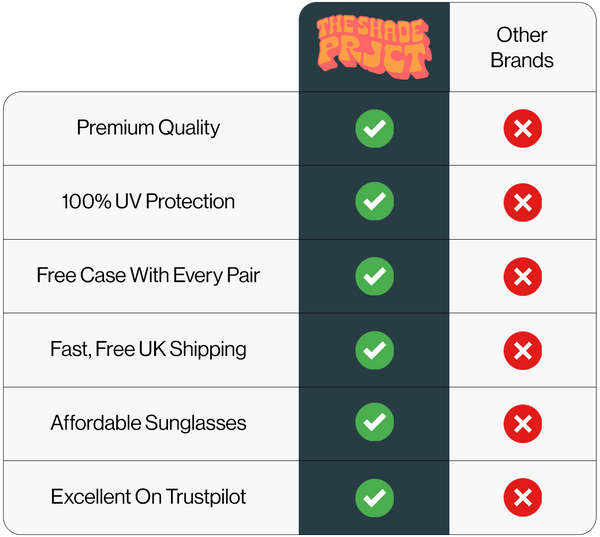Introduction
If you're in the market for eyeglasses, you've probably heard about transition lenses. These lenses claim to be the ultimate solution for those who need both prescription glasses and sunglasses. But are they worth the hype and the investment? In this comprehensive guide, we'll break down the pros and cons of transition lenses, helping you make an informed decision.
What Are Transition Lenses?
Transition lenses, also known as photochromic lenses, are designed to adapt to changing light conditions. When exposed to UV (ultraviolet) light, like sunlight, these lenses darken, effectively becoming sunglasses. When you step indoors or the UV light diminishes, they quickly revert to a clear or nearly clear state.

(Transition Lens Glasses)
The Pros
1. Convenience: Transition lenses eliminate the need to switch between regular glasses and sunglasses when you're outdoors. This convenience can be a game-changer for those with active lifestyles.
2. UV Protection: They provide 100% protection against harmful UV rays, shielding your eyes from potential damage caused by sun exposure.
3. Reduced Eye Strain: Transition lenses reduce glare and minimise eye strain in bright conditions, enhancing visual comfort.
4. Cost-Efficient: While they may seem expensive initially, they can save you money in the long run by eliminating the need for a separate pair of prescription sunglasses.
The Cons
1. Transition Speed: The transition process can vary depending on factors like temperature. They might not darken as quickly as you'd like when transitioning from indoors to outdoors.
2. Not Suitable for Driving: Transition lenses might not darken adequately inside a car because the windshield typically blocks UV light. This limitation can be a deal-breaker for some.
3. Limited Tint Range: Unlike traditional sunglasses with various tint options, transition lenses have a limited range of darkness. If you prefer very dark sunglasses, they might not meet your expectations.
Are They Worth It?
The answer to whether transition lenses are worth it depends on your lifestyle and preferences.
-
They're worth it if:
- You spend a lot of time outdoors and want the convenience of not switching between glasses.
- UV protection is a priority for you.
- You value reduced eye strain and glare in bright conditions.
- You're looking for a cost-efficient solution.
-
They might not be worth it if:
- You frequently drive and need consistent sunglasses while in the car.
- You prefer customisable tint levels found in traditional sunglasses.
- You're concerned about the transition speed, especially in extreme temperature conditions.
Conclusion
Transition lenses offer undeniable benefits in terms of convenience, UV protection, and cost-efficiency. However, they might not be the ideal choice for everyone, particularly those with specific needs related to driving or tint customisation. Before making a decision, consult with your optometrist to determine if transition lenses align with your eye health and lifestyle requirements. Ultimately, whether they're worth it or not is a personal choice based on your unique circumstances.
Frequently Asked Questions
1. Are Transition Lenses Worth It?
2. Do Transition Lenses Have UV Protection?
3. Are Transition Lenses Good for Driving?
4. Are Transition Lenses Any Good?
5. Are Transition Lenses Polarised?
Transition lenses are not polarised by default. However, you can combine transition technology with polarised coatings for added glare reduction and clarity. Discuss this option with your eye care professional.
6. Are Transition Lenses as Good as Sunglasses?
7. What Color Transition Lenses Are Best?
8. Are Transition Lenses the Same as Photochromic Lenses?
9. Do Transition Lenses Work in the Car?
Transition lenses may not darken significantly inside a car because the windshield typically blocks UV rays, which trigger the darkening process. Consider polarised sunglasses for driving.
10. How Long Do Transition Lenses Last?
11. Can You Get Transition Lenses in Different Shapes?
12. Are Transition Lenses Suitable for Kids?
13. Do Transition Lenses Work in Cloudy Weather?
14. Can You Wear Transition Lenses at Night?
15. Can Transition Lenses Be Used for Sports?
16. What's the Difference Between Transitions and Polarised Sunglasses?
17. Are Transition Lenses More Expensive Than Regular Lenses?
18. Do Transition Lenses Change Color Instantly?
19. Are Transition Lenses Available in Bifocals or Progressive Lenses?
20. Can You Add Anti-Reflective Coating to Transition Lenses?
21. How Do Transition Lenses Work?
22. Can Transition Lenses Be Used With Prescription Glasses?
23. What Are the Alternatives to Transition Lenses?
24. Can I Replace My Regular Lenses With Transition Lenses?
25. Do Transition Lenses Work With Different Frame Styles?
26. How Do I Care for and Clean Transition Lenses?
To care for transition lenses, use a mild lens cleaner or warm, soapy water and a clean, lint-free cloth. Avoid harsh chemicals or abrasive materials. Proper cleaning helps maintain the lenses' clarity and longevity. For an extensive guide on cleaning your sunglasses, check out our handy blog post!

